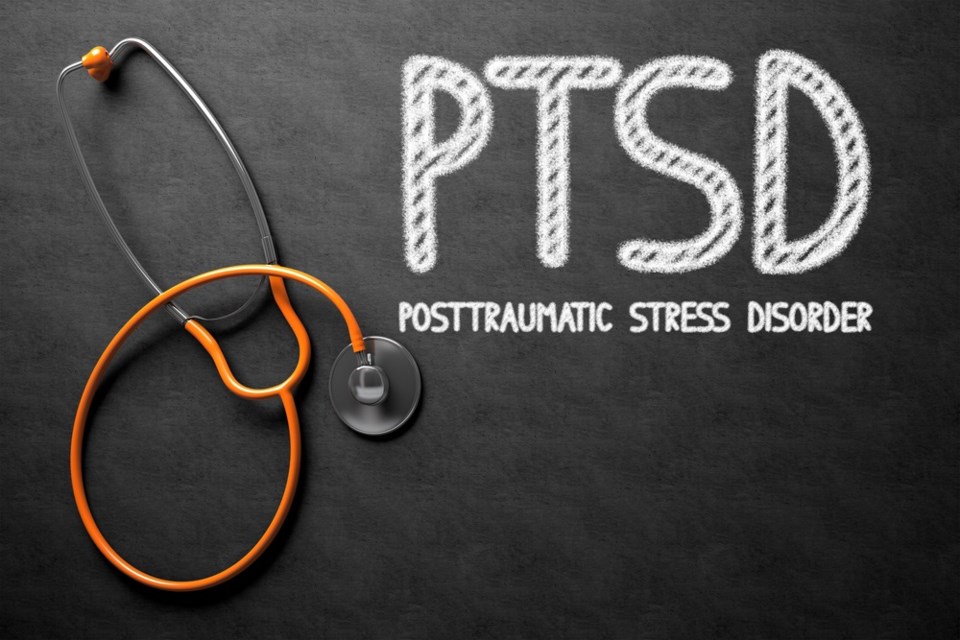Post-traumatic stress disorder has gained more public scrutiny over the past few years as more attention is paid to its effects and government gives it more serious attention.
See: Paddling for PTSD...man canoes across Canada
A group has formed in North Bay to help local-area first responders deal with their situations.
It's called "First Responder Overcoming Trauma Together" (Frott), and participant Steve Taylor says there's a real need for it in North Bay
Taylor says he's received messages from the local police association asking for more information on the group because people are asking for help. In fact, the North Bay Police Association and the North Bay Professional Firefighters Association are sponsoring the group...picking up the tab for the hall rental so the group could have its meeting for free.
The veteran former police officer served for 17 years and says the group fills a growing need.
"I think it's a lot bigger than we realize. It's so under-reported. It's getting better, but it's still happening because of the fear of the stigma and possible issues at work."
Post-traumatic stress disorder (PTSD) is a mental health condition that's triggered by a terrifying event, either experiencing it or witnessing it. Symptoms may include flashbacks, nightmares and severe anxiety, as well as uncontrollable thoughts about the event.
"Basically being exposed to trauma on a daily or weekly basis," explains Taylor. "It's multiple traumas piling up. It doesn't seem in first responders that it's specific to one incident.
"Just the regular types of traumas like deaths...dead bodies, suicides, serious crimes against people and kids. Traffic accidents are a big one when there's a fatality. Some are horrific. It can be a combination of all of those things."
Taylor says PTSD may not make a lot of sense to people who haven't experienced it but for him, it's a loss of control.
"You see these situations and you get to these situations and you have absolutely no control over what happened or why it happened or how it's going to get fixed. For myself, it started out as anxiety and sleep disruption and it just got worse over the years with full-blown panic attacks, anxiety, insomnia, nightmares when I could sleep. In a lot of cases, it leads to alcohol and drug dependence as a coping mechanism."
Taylor says victims sometimes feel isolated. They are surrounded by loved ones that just don't understand what they've experienced and they keep it inside. It ends up destroying marriages and destroying families. A lot of time there's a lot of anger and that gets taken out on the family.
Taylor says the PTSD meetings offer safe, non-judgemental space for people that have been doing a first responder job. Everyone understands.
"Sometimes the meetings are heavy, sometimes they're light-hearted. Sometimes we focus on success stories and sometimes, unfortunately, they're heavy but that's what they're there for."
The meetings take place at Les Compagnons on Dudley St. 6:30 on the last Tuesday of every month.
For more information contact Steve Taylor at 7054981067 or Marcel Martel at 705 492 2602.
